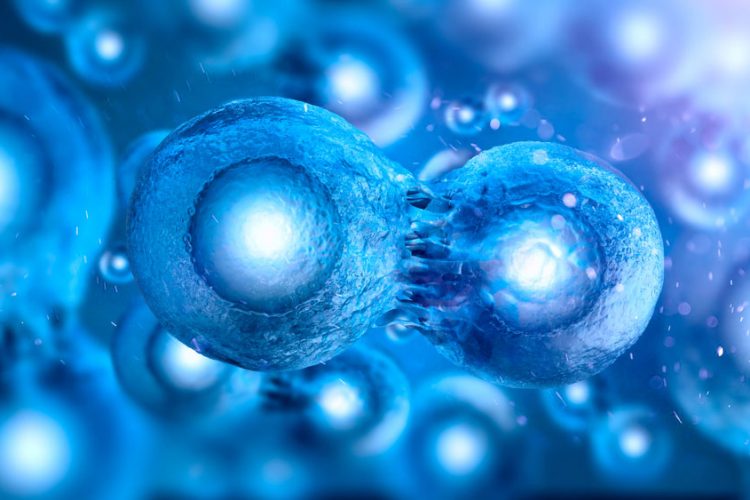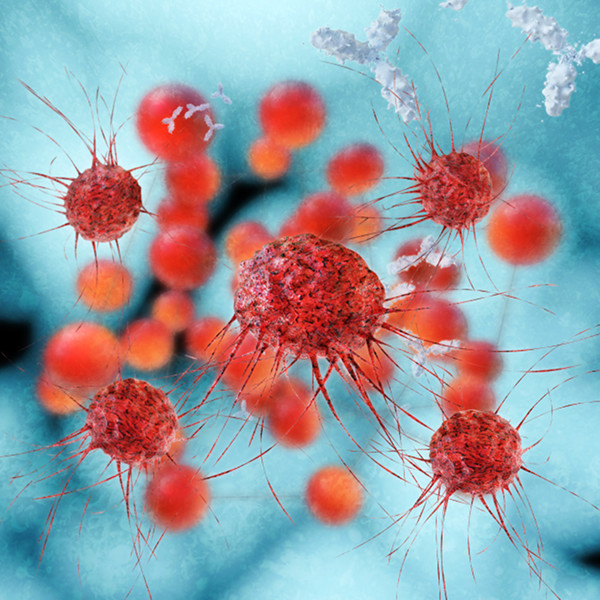What is Cancer – is a complex and multifaceted group of diseases characterized by the uncontrolled growth and spread of abnormal cells in the body. It is a result of genetic mutations that disrupt the normal regulatory mechanisms controlling cell division and death. While the human body relies on a precisely regulated process of cell growth and division to maintain its health, cancer disrupts this balance.
Very often, the journey from normal cells to cancer involves a series of genetic alterations that accumulate over time. These changes can be triggered by various factors, including exposure to carcinogens, genetic predisposition, or a combination of both. Once initiated, cancer cells often evade the body’s natural defenses against abnormal cell growth, allowing them to proliferate and form tumors.
Tumors, which are abnormal masses of tissue, can be classified as benign or malignant. Benign tumors are generally non-invasive and do not spread to surrounding tissues. In contrast, malignant tumors, known as cancers, have the ability to invade nearby tissues and, in some cases, metastasize to distant organs through the bloodstream or lymphatic system.
Cancer can affect virtually any part of the body, leading to a diverse array of diseases with distinct characteristics. The signs and symptoms of cancer vary widely depending on the type, stage, and location of the disease. Common indicators may include unexplained weight loss, persistent fatigue, changes in the skin, unexplained pain, or the presence of lumps.
Diagnosing cancer often involves a combination of medical imaging, laboratory tests, and, in some cases, biopsy procedures. Treatment modalities also vary and may include surgery, radiation therapy, chemotherapy, immunotherapy, or targeted therapies. The choice of treatment depends on factors such as the type and stage of cancer, as well as the overall health of the patient.
Ongoing research aims to unravel the complexities of cancer, seeking to understand its underlying mechanisms and develop innovative approaches for prevention, early detection, and treatment. Despite its challenges, advancements in cancer research have led to significant progress in improving outcomes for many individuals diagnosed with cancer, highlighting the importance of ongoing scientific exploration in the fight against this formidable group of diseases.
Cancer is not a single disease, but rather multi-factorial. Cancer is a collection of related diseases. Each cancer develops independently and differently and can originate in any type of tissue. Each cancer type, and each individual patient is unique. One commonality, however, is uncontrolled cell division.

The picture illustrates a cell division (1)
Some of the cells in the human body begin to divide uncontrollably and invade surrounding tissues. A human body consists of trillions of cells. Normally, human cells grow and divide to form new cells as required by the body. When cells grow old or become damaged, cell death occurs, and new cells take their place. When cancer develops, however, this orderly process is disrupted. As cells become more and more abnormal, old or damaged cells survive when they should die, and new cells form when they are not needed. These extra cells can divide without stopping and may form growths called tumours. Some cancer types, however, do not develop solid tumours, e.g., leukaemia, blood cancer. Cancer develops slowly, and many, many years can pass before the disease is discovered.

Cancer cells
Cancer is often considered as a genetic disease—that is, it is caused by changes to genes that control the way cells function; particularly growth and division. Genetic changes that cause cancer can be inherited from our parents. In addition, cancer can also arise during the lifetime of a person as a result of errors that occur as cells divide or as a result of exposure to certain environmental factors such as smoking or overweight.
Each cancer from each patient behaves differently. This is because every cancer has a unique combination of genetic changes, i.e., mutations in DNA. In addition, when the cancer grows there will be continuous genetic changes. Even within the same tumour, different cells may have different genetic alterations. These are the reasons why cancer is so diverse and manifests in many different forms (for more detailed information please see the section – What are genes, DNA and proteins?).
___
REFERENCES
(1) https://www.drugtargetreview.com/news/29772/studying-mitosis-structure/
READ MORE
https://www.cancer.gov/about-cancer/understanding/what-is-cancer
Why we haven’t cured cancer-YouTube